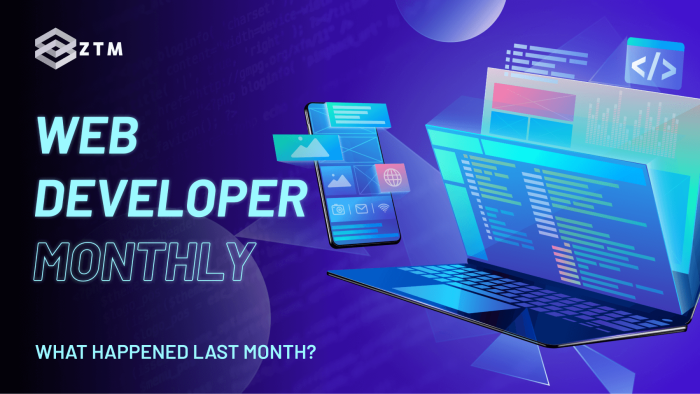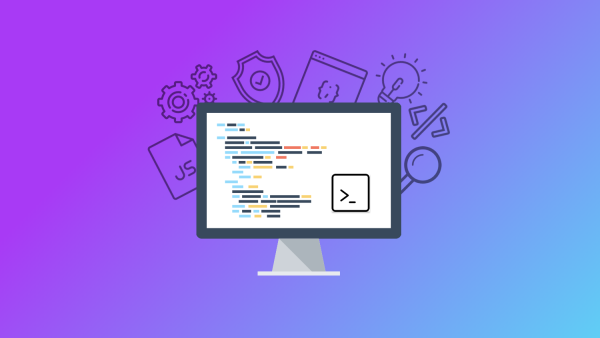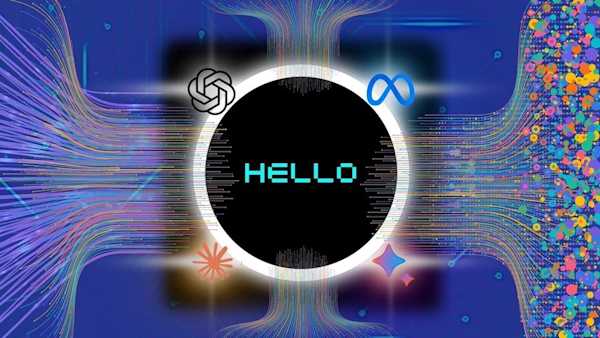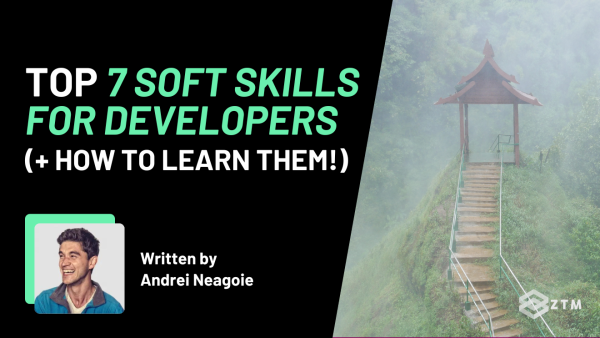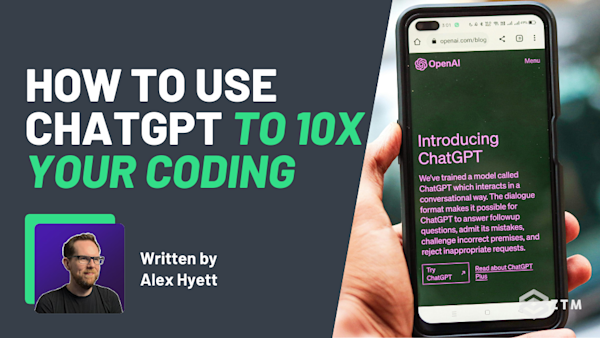Welcome to the 86th issue of Web Developer Monthly!
If it’s your first time here, welcome, I like you already. If you want the full back story on the newsletter, head here.
The quick version: I curate and share the most important articles, news, resources, podcasts, and videos from the world of web and software development.
Think the Pareto Principle (80/20 rule) meeting the programming world. I give you the 20% that will get you 80% of the results.
If you're a long time reader, welcome back old friend.
Alright, let's not waste any valuable time and jump right into this month's updates.
Here's what you missed in August 2025 as a Web Developer…
Modern Node.js Patterns for 2025 👨🎤
The last 2 years it feels like Node has really taken steps in the right direction with growing competition from the likes of Deno and Bun. This also means that there are new best practices and patters that have emerged in the last few years.
Here is a great breakdown of some of the most important ones.
P.s. Node.js will be able to execute TypeScript files without additional configuration in the latest version.
10x Dev with AI? 🧎♂️
AI is not making Engineers 10x as productive. This is worth a read. I especially liked this part:
There is no secret herbal medicine that prevents all disease sitting out in the open if you just follow the right Facebook groups. There is no AI coding revolution available if you just start vibing. You are not missing anything. Trust yourself. You are enough.
Oh, and don't scroll LinkedIn. Or Twitter. Ever.
React News 💎
React... it's still mostly everyone's favourite library/framework. What crazy things have they been up to?
- Reflections on the React community. The good and the bad.
- Not much else to report on the React front this month... finally.
2x JSON.stringify 👯♀️
A fun and technical read on how the V8 team (the thing that runs Chrome Browsers and Nodejs) improved JSON.stringify.
JSON.stringify is a core JavaScript function for serializing data. Its performance directly affects common operations across the web, from serializing data for a network request to saving data to localStorage.
So how did they do it? Check it out.
A.I. and the Economy 💰
How AI Conquered the US Economy: A Visual FAQ. This is an interesting overview of just how much money is going into the AI space.
Nobody is getting left behind, but is there a bubble forming?
Offline A.I. 📺
A good overview of how you can build your own custom A.I. setup that is completely online and private. I want everything local — no cloud, no remote code execution.
Good System Design 📔
What is system design?
If software design is how you assemble lines of code, system design is how you assemble services. The primitives of software design are variables, functions, classes, and so on. The primitives of system design are app servers, databases, caches, queues, event buses, proxies, and so on.
This post is an attempt to write down, in broad strokes, everything this author knows about good system design.
Current Agentic AI Best Practices 🔮
There is a lot of junk out there on this topic but I found this article surprisingly accurate. If you are working with agents, this is a good list of current best practices.
Also check out this new open standard: Agents.md
AWS in 2025 📮
AWS in 2025: The Stuff You Think You Know That’s Now Wrong. Worth checking out.
You Kafka? 🏭
Most of you probably don't need it or will every use it, but this is a fun read on why Kafka was created by the LinkedIn team.
Interested in learning Kafka? Check out our new Fundamentals of Kafka course.
New Libraries and Tools 🗿
There are a ton of shiny new libraries and tools every month which is why I have this dedicated section for them...
-
React Native 0.81 is here - Android 16 support, faster iOS builds, and more.
-
Untitled UI React - the world’s largest collection of open-source React components built with Tailwind CSS and React Aria. Just copy, paste, and build.
News Around the World 🗺
-
An important reminder: AWS CEO says using AI to replace junior staff is 'Dumbest thing I've ever heard'
-
For security enthusiasts, this made the rounds this month: Weaponizing image scaling against production AI systems
-
For open source enthusiasts, this comment from the Ghostty community made the rounds
Big Tech News aka AI News 🏢
-
In a shock to everyone, OpenAI actually released an open source model (I dont think they've done that since 2019). Open-weight reasoning models to customize for any use case and run anywhere.
-
But the bigger shock out of OpenAI is the release of ChatGPT 5. It's definitely an improvement but was a little underwhelming to be honest with you. Perhaps it's hinting at the limits we are hitting with LLMs? A hackernews user put it nicely:
It is frequently suggested that once one of the AI companies reaches an AGI threshold, they will take off ahead of the rest. It's interesting to note that at least so far, the trend has been the opposite: as time goes on and the models get better, the performance of the different company's gets clustered closer together.
Right now GPT-5, Claude Opus, Grok 4, Gemini 2.5 Pro all seem quite good across the board (ie they can all basically solve moderately challenging math and coding problems).
As a user, it feels like the race has never been as close as it is now. Perhaps dumb to extrapolate, but it makes me lean more skeptical about the hard take-off / winner-take-all mental model that has been pushed.
-
Google announce Genie 3 which looks pretty incredible. Given a text prompt, Genie 3 can generate dynamic worlds that you can navigate in real time at 24 frames per second, retaining consistency for a few minutes at a resolution of 720p. They also announced Gemini 2.5 Flash Image (aka nano-banana), their state-of-the-art image generation and editing model.
-
Google also announced Jules is out of beta: Their asynchronous coding agent powered by Gemini 2.5.
-
Google's least popular announcement this month was that Google will require developer verification to install Android apps, including sideloading for the first time.
-
Anthropic released Claude Opus 4.1: an upgrade to Claude Opus 4 on agentic tasks, real-world coding, and reasoning.
-
Cursor team released Cursor CLI finally to compete with probably their biggest competition: Claude Code.
-
GitHub CEO Thomas Dohmke has resigned, and GitHub is moving even closer into Microsoft’s CoreAI team... going back to the dark side of Microsoft.
-
DeepSeek v3.1 was also released.
Completely useless to your career but still great 🙃
-
Draw a fish and make it swim... thanks to vibe coding.
-
History of tech... from the very beginning.
-
This is just so cool: Astronomy Photographer of the Year 2025 shortlist.
Best Resource of the Month ✅
Face it: you're a crazy person.
It’s no wonder that everyone struggles to figure what to do with their lives: we have not developed the cultural technology to deal with this problem because we never had to.
We didn’t exactly evolve in an ancestral environment with a lot of career opportunities. And then, once we invented agriculture, almost everyone was a farmer the next 10,000 years. “What should I do with my life?” is really a post-1850 problem, which means, in the big scheme of things, we haven’t had any time to work on it.
So what do you do in an ever changing world to feel like you're living your life that you want?
This resource of the month is different than the usual read, but I think it will have a tremendous impact for some of you.
Trick of the Month 🌗

This is an interesting trick of the month. It's the secret to life and happiness shared by none other than Steve Wozniak... simple but true.
Thanks for reading!
Don't be shy now... Share this newsletter with your friends.
See you next month! ❤️
By the way, I teach people how to code and get hired in the most efficient way possible as an Instructor at the Zero To Mastery Academy. You can see a few of our most popular courses below or see all ZTM courses here.
